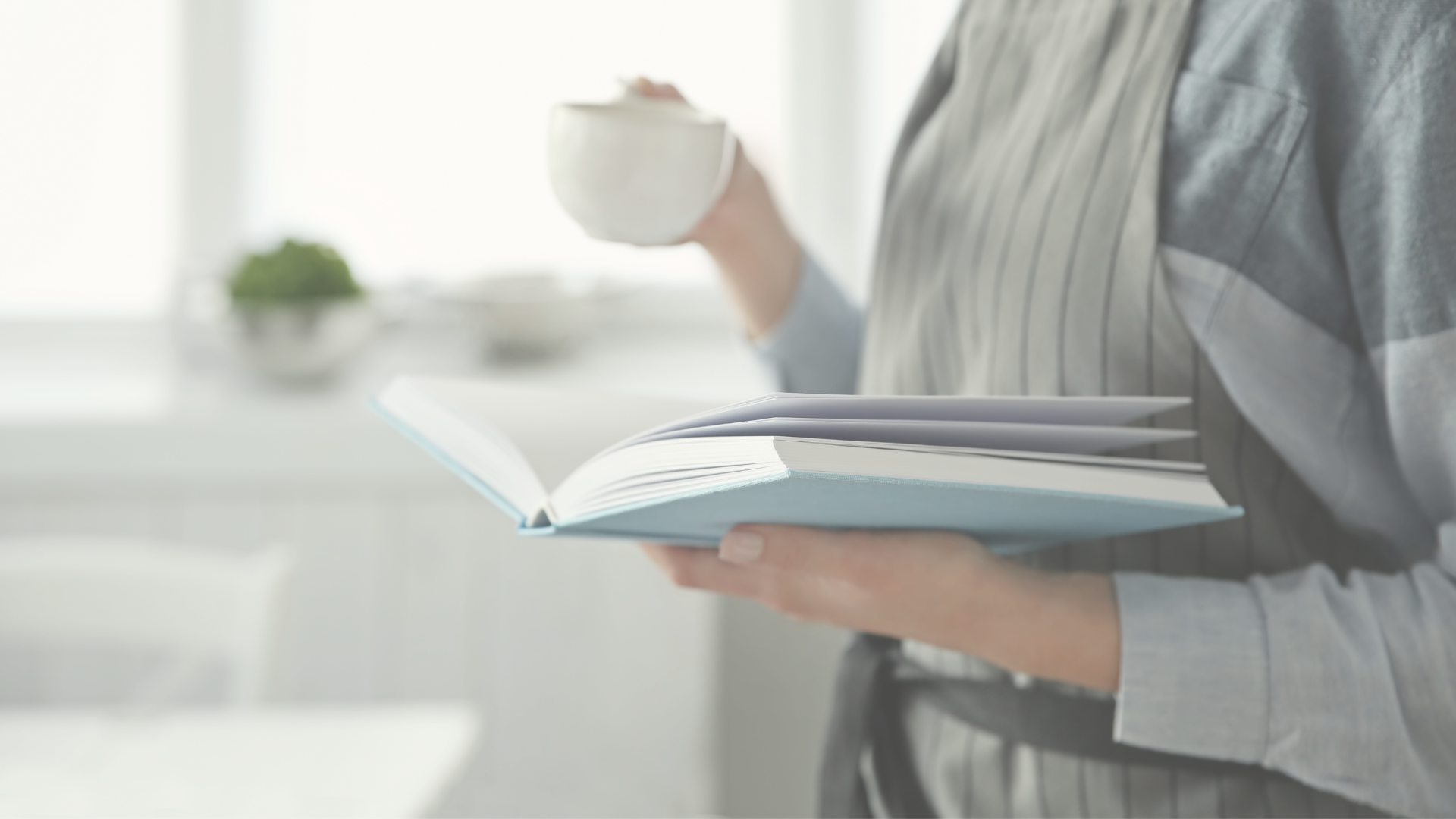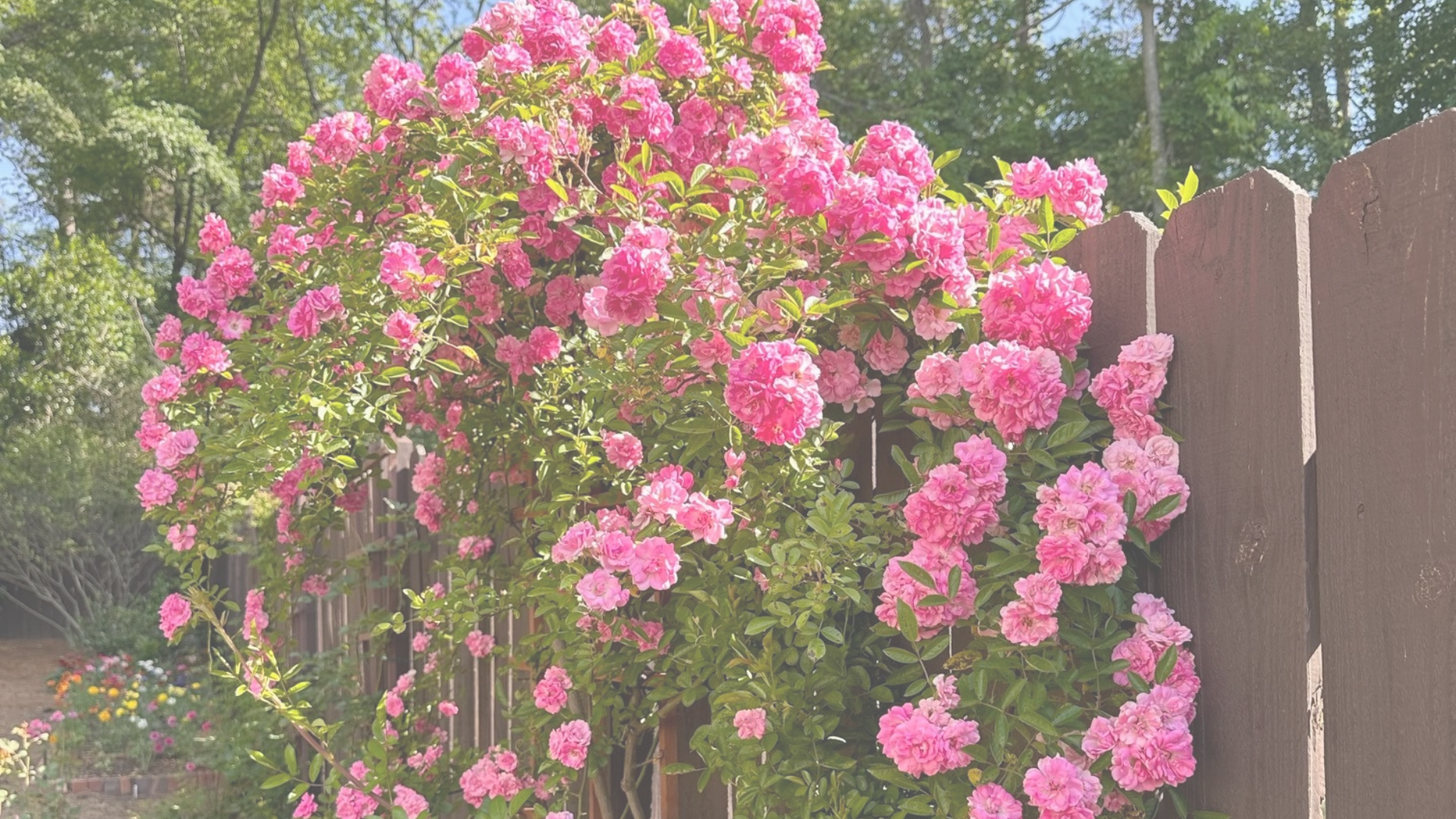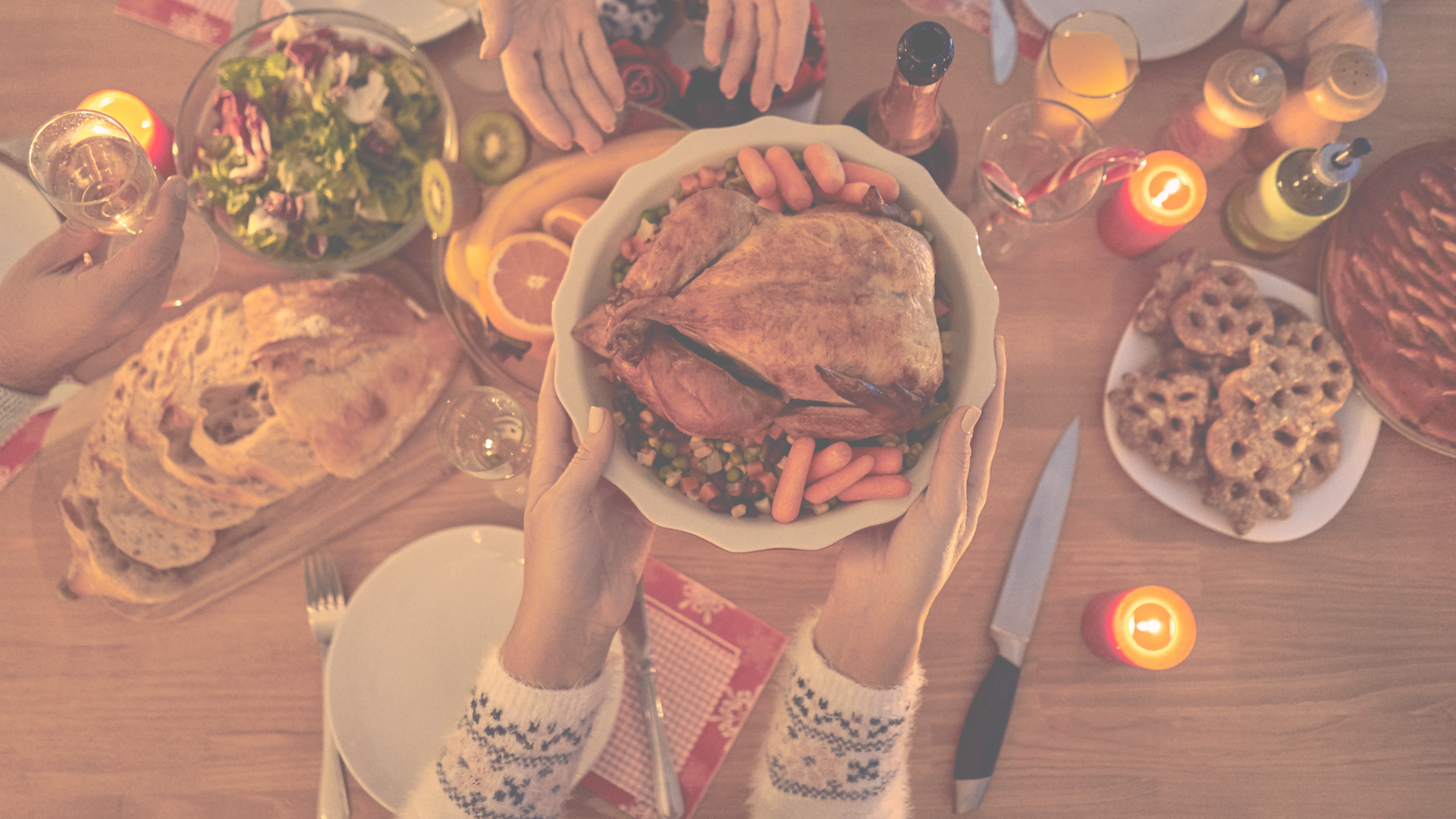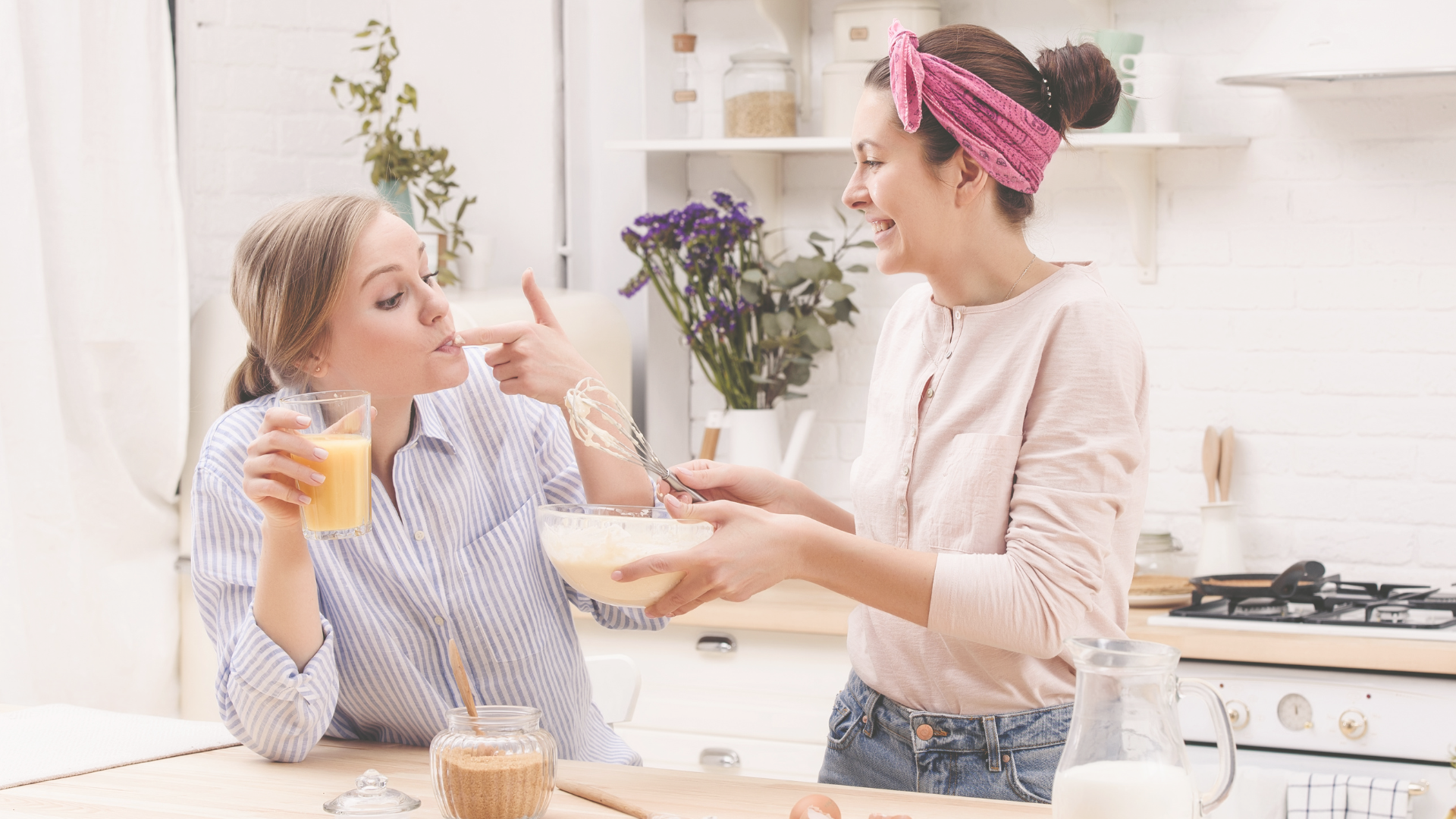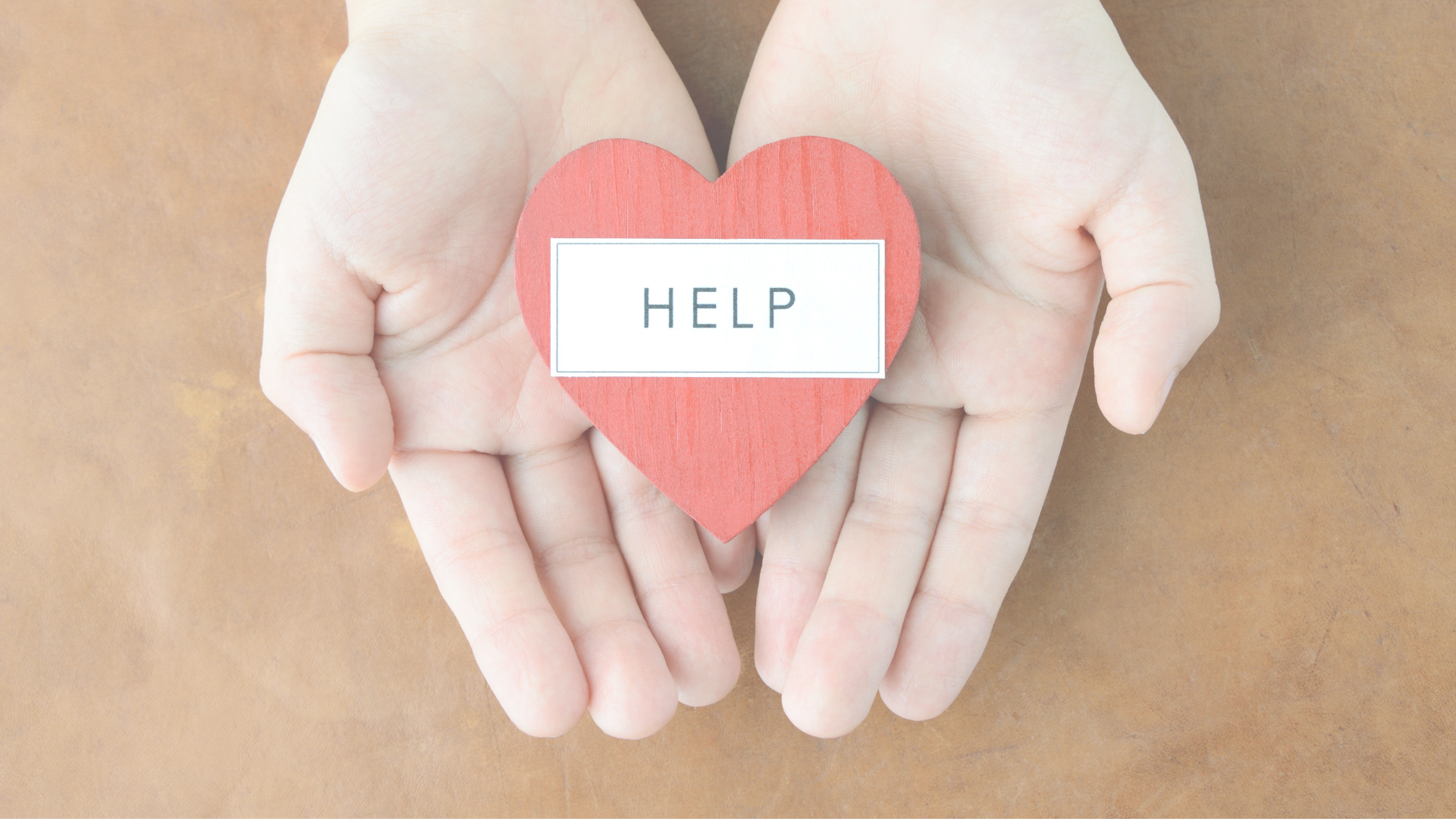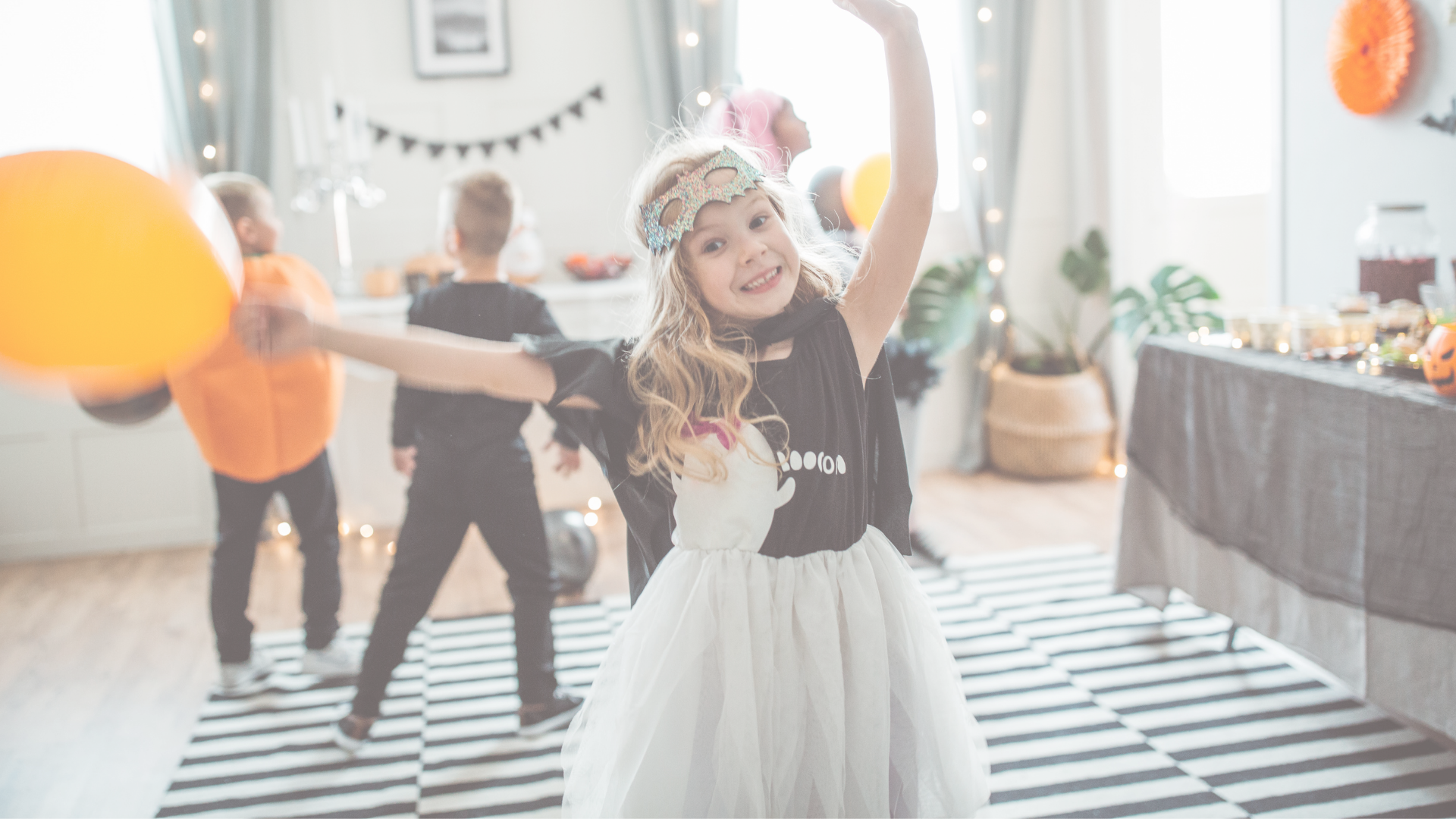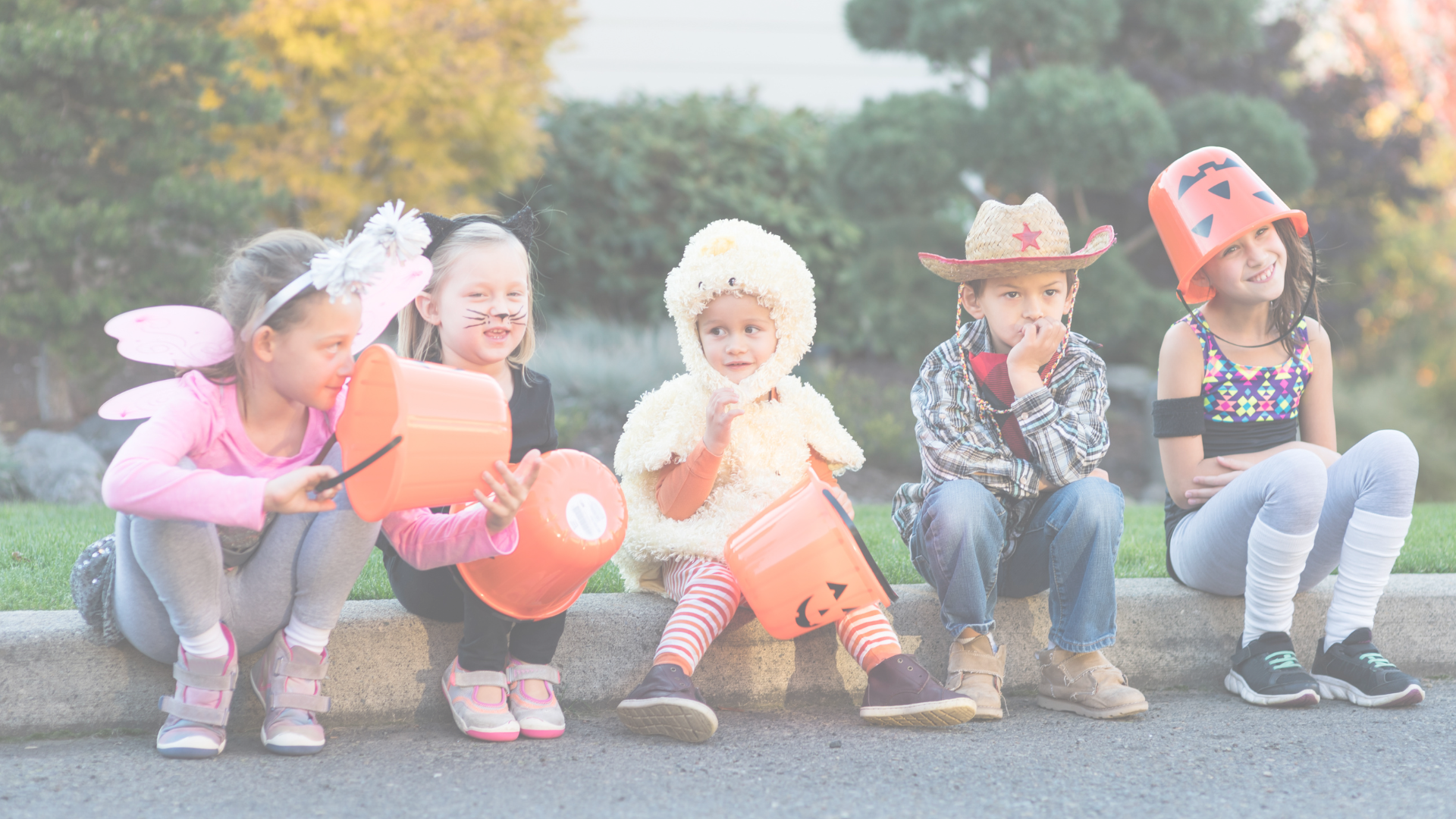The House with the Roses
“There is simply the rose; it is perfect in every moment of its existence.” – Ralph Waldo Emerson
I recently heard a true story about a beautiful lady and the amazing red rose garden outside of her home. For 40 years, she dotingly planted and nurtured these amazing roses. She tended to them with great pride, and won neighborhood recognition for her roses. Her house, known as “The House with the Roses,” was the pride and joy of the block.
Over the years, it had become more difficult for her to tend to her roses. She had trouble descending the outside stairs to reach her garden or to even be out and about in her neighborhood. It was recommended that she use a wheelchair to get around, and she even qualified for assistance in the building of a wheelchair ramp. So, the most straightforward ramp was built for her benefit—to allow her to get outside to her rose garden and continue to be a part of the neighborhood.
The ramp was built to give her the ability to leave her home. Get outside. To still “belong.”
It gave her better mobility than she had without it. It was necessary and–many would say–done out of love.
But to make room for the ramp, her roses–her pride and joy–were pulled up and thrown away.
Not one clipping remained.
It was a blow to her self-esteem.
The house with the roses became the house with the big ramp.
Sadly, several months after she lost her roses, she died.
She gained the ABILITY to go outside but lost the WILL to go outside.
Why couldn’t she have both?
At Welcomed Co™, we want to create a world where we can all continue to do the things that bring us joy even as life becomes more challenging. Having the ability, or mobility in this case, is a source of motivation. And motivation, our willingness and reason to do things, is important in staying active especially as we age.
“Gardening can play an important role in creating physical activity opportunities and supporting emotional well-being for both adults and children. Other health benefits of gardening include lowering cholesterol, lowering blood pressure, lowering mortality, better hand function, higher bone density, and better psychological well-being..” (Rutgers New Jersey Agricultural Experiment Station)
This post wasn't supposed to be about gardening but about the joy it brought one woman, but when I read more about roses, specifically, I learned more about gardening. As an active person, I never considered taking up gardening, but there are so many of all ages who do. The CDC lists light gardening as a “common physical activity.” A person weighing 154 lbs. burns approximately 165-330 calories gardening for 30-60 minutes. (CDC)
According to the Office of Disease Prevention and Health Promotion (ODPHP), "as we get older, regular physical activity is one of the most important things we can do for our health. It can prevent or delay many health problems. It can also help our muscles grow stronger so we can continue doing day-to-day activities while maintaining our independence." (ODPHP)
The CDC lists light gardening as a “common physical activity.” A person weighing 154 lbs. burns approximately 165-330 calories gardening for 30-60 minutes. (CDC)
More about gardening:
- Findings from a 2019 study, “What is the evidence for the impact of gardens and gardening on health and well-being,” showed a link between gardening and improved mental health, increased physical activity and less instances of social isolation. It stated, “Gardens and gardening can improve the health and well-being for people with a range of health and social needs.”
- A 2022 study, How Gardening in Detroit Influences Physical and Mental Health, looked at the health impacts of gardening in African American gardeners. Prior to this study, there was no data on the mental and physical effects of gardening in diverse populations. Participants reported how much gardening affected their mood. It made them “happy.” It brought them “joy.” Those words were actually in the study. Some participants even referred to it as “therapeutic.” After the death of her son, one gardener said:
“It woke me up. As I said, after my son passed away I was very depressed. I had to heal mentally and physically. [Gardening] was something that I was able to do. It brought satisfaction to me, when I didn’t feel like eating, sleeping. So, that was something, a new day, that I can look forward to. It’s therapy for me. It’s therapeutic in many ways… with the soul, the body.” (Detroit Gardening Study)
- Findings from this research were consistent with previous research conducted on mostly white participants. All data showed evidence that gardening is beneficial to physical activity, as well as both physical and mental wellbeing. Gardening has the potential to both influence health in diverse groups of people and address health disparities.
“When a flower doesn’t bloom, you fix the environment in which it grows, not the flower.” Alexander den Heijer
Photo "Handicap Ramp Suburban Home" by
USGirl

